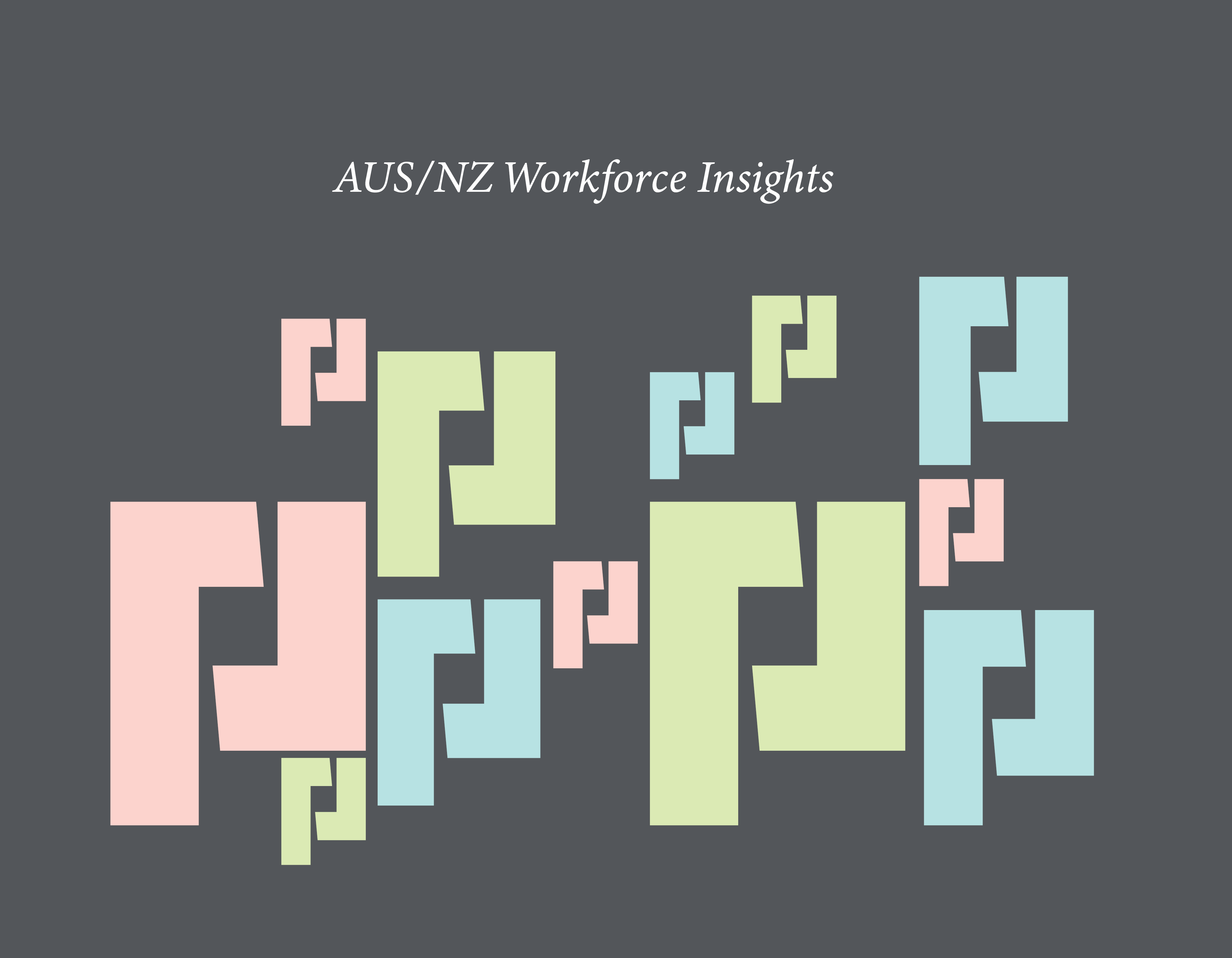Recruiting new talent is a fundamental aspect of business growth and development.
However, the process of finding, vetting and hiring the right candidates is often resource-intensive and can place significant strain on a business.
By exploring the true cost of recruitment and the benefits of partnering with a recruitment agency, businesses can make informed decisions to optimise their hiring processes and mitigate operational pressures.
The True Cost of Recruiting
Recruitment isn’t just about posting a job ad and waiting for applications to roll in. It involves a complex and often costly series of steps:
1. Advertising and Job Boards: Posting on popular job boards and industry-specific sites can quickly add up. Premium listings, featured ads and sponsored posts increase visibility, but come with higher price tags.
2. Time Investment: The time spent by HR and management teams in crafting job descriptions, reviewing resumes, conducting interviews and communicating with candidates is substantial. This time investment translates directly into financial costs, as these hours could be spent on core business activities.
3. Screening and Assessment: Background checks, skills assessments and personality tests are essential to ensure candidate suitability. These services often require external vendors, adding to the overall expense.
4. Opportunity Cost: The longer a position remains unfilled, the greater the impact on productivity and, potentially, revenue. Delays in hiring can stall projects, overburden existing staff and lead to burnout and reduced morale.
The Strain on Business Operations
The recruitment process can strain a business in several ways:
• HR Overload: For smaller companies, the HR team may already be stretched thin – managing payroll, benefits and employee relations. Adding the recruitment process can lead to burnout and decreased efficiency.
• Management Distraction: Leaders and managers need to be involved in the hiring process to ensure candidates align with company goals and culture. However, this involvement can distract them from strategic decision-making and other critical tasks.
• Inconsistent Hiring Outcomes: Without dedicated recruitment expertise, the process can be inconsistent – leading to suboptimal hires. This can result in higher turnover rates, which, in turn, repeat the cycle of recruitment costs and operational strain.
Why Engage with a Recruitment Agency?
Partnering with a recruitment agency can alleviate many of the costs and pressures associated with hiring. Here’s how:
1. Expertise and Efficiency: Recruitment agencies specialise in identifying and attracting talent. Their expertise ensures a more efficient process, reducing the time to hire and increasing the quality of candidates presented.
2. Cost-Effective Solution: While there is an upfront cost to engaging an agency, it often pales in comparison to the cumulative costs of a prolonged, in-house recruitment process. Agencies streamline the hiring process, minimising downtime and lost productivity.
3. Access to a Wider Talent Pool: Agencies have extensive networks and databases of pre-vetted candidates.
4. Mitigation of Hiring Risks: Agencies often provide guarantees, offering replacements if a hire doesn’t work out within a certain period. This reduces the risk associated with recruitment and provides peace of mind.
5. Focus on Core Business Activities: By outsourcing the recruitment process, businesses can focus on what they do best – driving growth, innovation and serving their customers. This delegation can lead to better overall performance and employee satisfaction.
Recruitment is a critical but costly and time-consuming process. The strain it places on businesses can be significant, impacting productivity and growth. By partnering with a recruitment agency, businesses can leverage specialised expertise, reduce costs and ensure a more efficient and effective hiring process. In the long run, this strategic move can lead to better hiring outcomes, improved operational efficiency and a stronger, more focused organisation.






